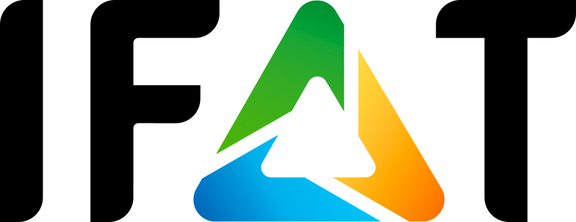Innovative plastic recovery finance mechanisms for low- and middle-income countries (LMICs)
Bringing fresh insights from the recent UNEP meeting in Canada, where 4200 participants, from 175 UN member states negotiated the global treaty to eliminate plastic pollution – This session will explore innovative financing mechanisms that can incentivise responsible plastic use and environmentally sound waste management. The session will also present the Minimum Requirements for Plastic Waste Recovery & Crediting Standards developed by the PREVENT Waste Alliance Core Group on Plastic Credits and highlight the first social certification focused on the waste picker community.
Municipal waste collection is chronically underfunded, especially in developing countries and Small Island Developing States (SIDS), where local authorities struggle to collect, sort, and recycle mixed municipal solid waste. Insufficient collection systems result in large quantities of plastic waste entering the environment, rivers, and oceans, as well as impacting the health of citizens via common disposal practices like open air burning of plastic waste.
While EPR schemes are a more comprehensive means of addressing the problem, global experiences indicate that the process of implementing and operationalising EPR schemes as a policy tool may take several years. Considering the urgency of addressing global plastic waste pollution, Plastic Credits, or variants of these voluntary crediting schemes, provide immediate funding to collect, transport and bring plastic waste to a more appropriate destination, thereby helping to bridge the funding gap in a short time frame and ensure the transition towards voluntary or mandatory comprehensive EPR schemes. Contrary to EPR schemes, credits are a performance-based financing instrument.
Members of the PREVENT Core Group on Plastic Credits developed Guidelines on Minimum Requirements for Plastic Waste Recovery & Crediting Standards to enhance trust in the evolving funding mechanism based on Plastic Credits and encourage all practitioners to adhere to a set of Minimum Requirements or exceed this minimum benchmark.
The main reason to adopt the Minimum Requirements for plastic waste recovery is to ensure that plastic recovery activities result in positive environmental and social outcomes, whilst ensuring that methodologies and approaches are transparent, evidence-based, accessible, and inclusive.
The Social+ OBP certification goes beyond this minimum benchmark, demonstrating a social commitment to go above and beyond in working with waste picker communities, while supporting an inclusive circular economy with positive environmental impact practices. Best practice examples funded by the World Bank's $100 million Plastic Waste Reduction-Linked Outcome Bond will be shared.
Speakers: Thierry Sanders (BVRio), Ina Ballik (Phoenix FTA Limited), Vincent Decap (Zero Plastic Oceans), Ing. Martin Hinteregger (WasteReduction)

